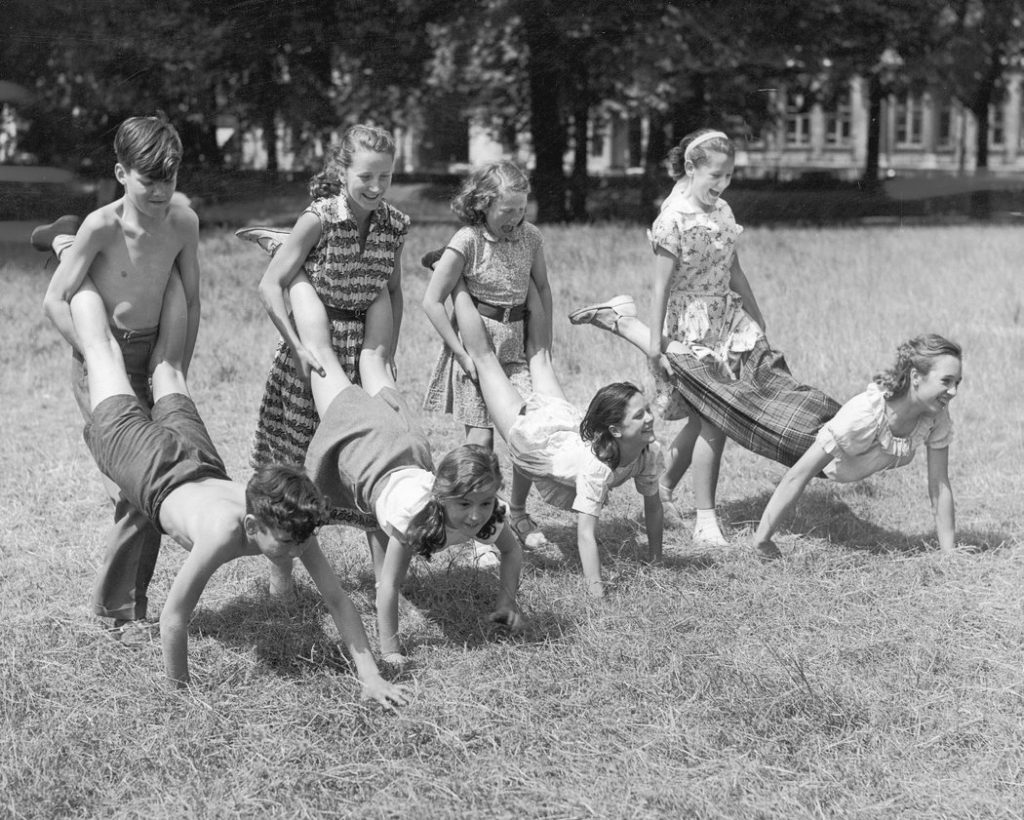
Jodi Gold, a Manhattan child psychiatrist and the mother of three children ages 6, 9 and 11, is accustomed to the perennial juggle. But at this time of year, all she can do is triage.
Last Wednesday, she started the morning at an Upper East Side private school in the first-grade classroom of her daughter, Samantha, observing a Minecraft-themed project. After a few hours seeing clients, she took a break to chaperone her son Jackson’s fifth-grade field trip to the Metropolitan Museum of Art. Thursday afternoon was her son Carter’s end-of-year parent-child soccer game. Dr. Gold sent Jackson as her stand-in. On Friday, her husband, who works in finance, planned to arrange his schedule to attend Carter’s third-grade violin performance. They would all have to miss Samantha’s gymnastics medal ceremony that afternoon because the children had back-to-back pediatrician appointments in order to get their medical forms signed for summer camp.
“Whatever the baseline demands are, you are going to add 25 to 50 percent to them,” Dr. Gold said. “This is a time to recognize that there’s just going to be a lot of chaos.”
Field Day, once a simple frolic of potato-sack races and so forth (to which parents might not even be invited), has become ever more fraught. The concluding weeks of the school year have turned into a Sisyphean gantlet of activities, all jostling for grown-up attention. There are science fairs, class plays, concerts, big games, teacher appreciation days, awards ceremonies and class picnics.
As Michele Norris, the NPR host, put it on Twitter: “Here’s to all the Mama Bears who limped, sprinted or dragged themselves to the finish line for school yr activities. You know who u are.”
With the end-of-year bloat, working parents tot up vacation days or figure out which art shows or field trips they can cram into lunch hour. Of course, this juggling is primarily a problem of affluence: Parents who work in low-wage shift jobs are unlikely to have the flexibility to take time off.
Still, “it’s anxiety-inducing because it’s so concentrated in three weeks,” said Lisa Hawthorne Smith, an executive assistant at Weight Watchers and the mother of two children in public elementary school in Montclair, N.J. On Friday, she attended a Field Day, and on her calendar for the coming week are a singalong, two teacher toasts and a ballet recital. She has already bypassed several events, and between that and missing work, she said, “it’s guilt no matter where you turn.”
Today’s parents say they don’t remember this volume of valedictory activities when they were growing up. It’s possible that they spend more time at school events in the last two weeks of the term than their parents did in their 13 years of schooling.
Principals and teachers say schools want to build strong campus communities, as well as acknowledge how hard students have worked throughout the year.
Ryan Bourke, the principal of Midtown West, a public elementary school in Manhattan, said that the schedule should be viewed as an à la carte menu, not a set meal. “One of the reasons that so many of these activities are offered is that schools realize that parents can’t come to all of them,” Mr. Bourke said.